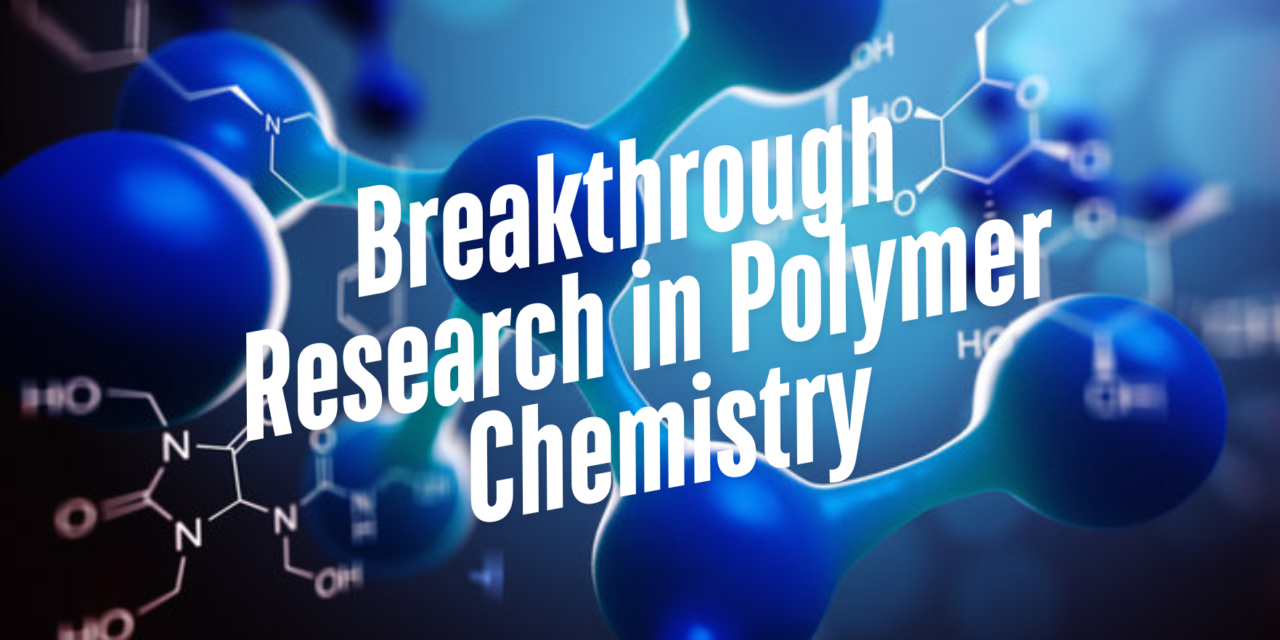Polymer chemistry is experiencing significant advancements, with researchers exploring new materials and processes that offer enhanced properties, sustainability, and functionality. One of the most exciting areas of breakthrough research is the development of bio-based and biodegradable polymers. Traditional petroleum-based polymers, such as polyethylene and polypropylene, have raised environmental concerns due to their persistence in the environment. In response, researchers are focusing on creating polymers derived from renewable resources, such as plant-based feedstocks, that are both functional and biodegradable. Companies and academic institutions are working on developing polymers from non-food biomass, reducing dependence on fossil fuels and mitigating environmental impact.
Another notable breakthrough is in the field of recyclable polymers. While recycling is a key strategy for managing plastic waste, many conventional plastics are difficult to recycle effectively. Research in this area is focused on designing polymers that can be easily recycled or even chemically reprocessed into new products without losing their integrity. For instance, scientists are developing polymeric materials that can be depolymerized, or broken down into their monomeric units, allowing them to be reassembled into high-quality polymers. This innovation is crucial for addressing the growing problem of plastic waste and creating a more circular economy.
In functional polymers, researchers are investigating materials with enhanced properties that can respond to environmental stimuli. These smart polymers can change shape, color, or function when exposed to specific conditions such as heat, light, or pH. This field is gaining traction in applications such as drug delivery systems, where polymers are designed to release pharmaceuticals in response to the specific needs of the body, and in self-healing materials, where polymers can repair damage autonomously, extending the lifespan of materials used in construction, electronics, and other industries.
Polymer chemistry is also evolving through the development of conductive polymers. These materials, which combine the flexibility of polymers with the electrical conductivity of metals, are paving the way for innovative applications in electronics, sensors, and energy storage. Conductive polymers are already being used in organic light-emitting diodes (OLEDs), flexible solar cells, and wearable electronics, offering a lightweight and versatile alternative to traditional conductive materials.
In the realm of polymer processing, researchers are exploring new ways to optimize the synthesis of polymers, making the process more efficient, cost-effective, and scalable. Techniques such as controlled radical polymerization and living polymerization allow for greater precision in the structure of polymers, leading to improved material properties. These advancements are enhancing the ability to create custom polymers with specific attributes for specialized applications, ranging from automotive parts to medical devices.
As the field of polymer chemistry continues to evolve, these breakthroughs are driving innovation in materials science, offering new solutions to address the environmental, economic, and technological challenges facing the world today.










